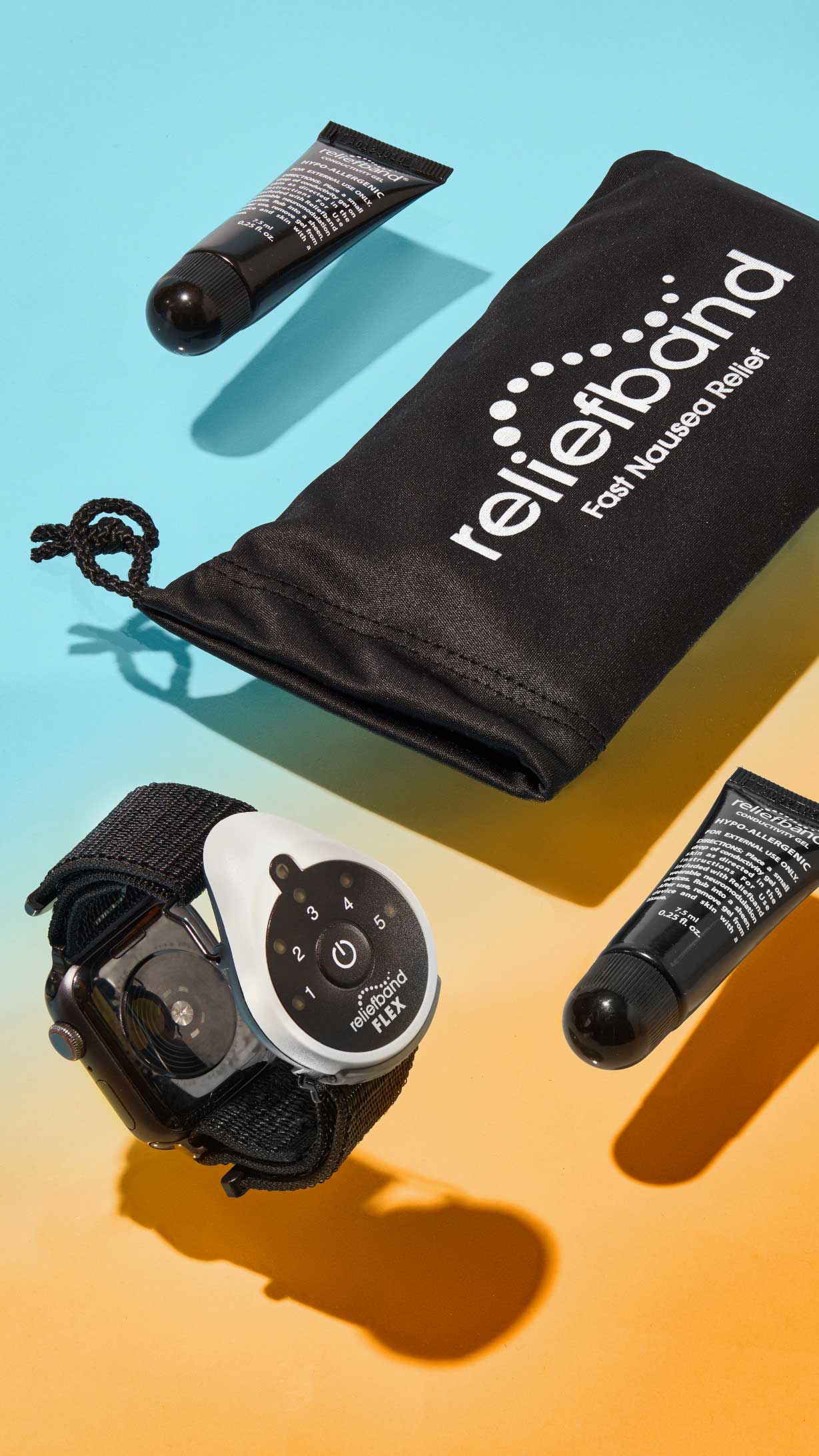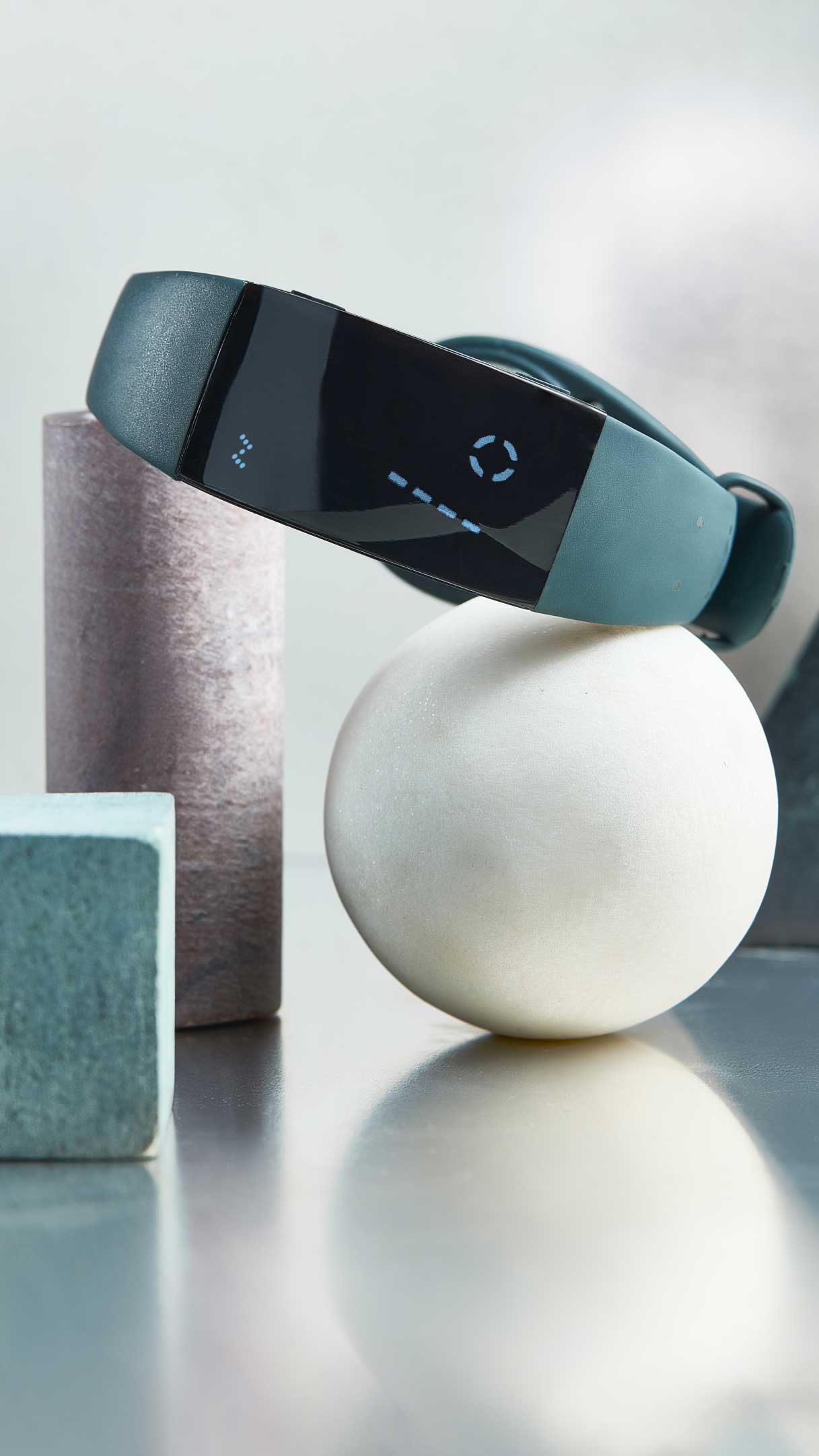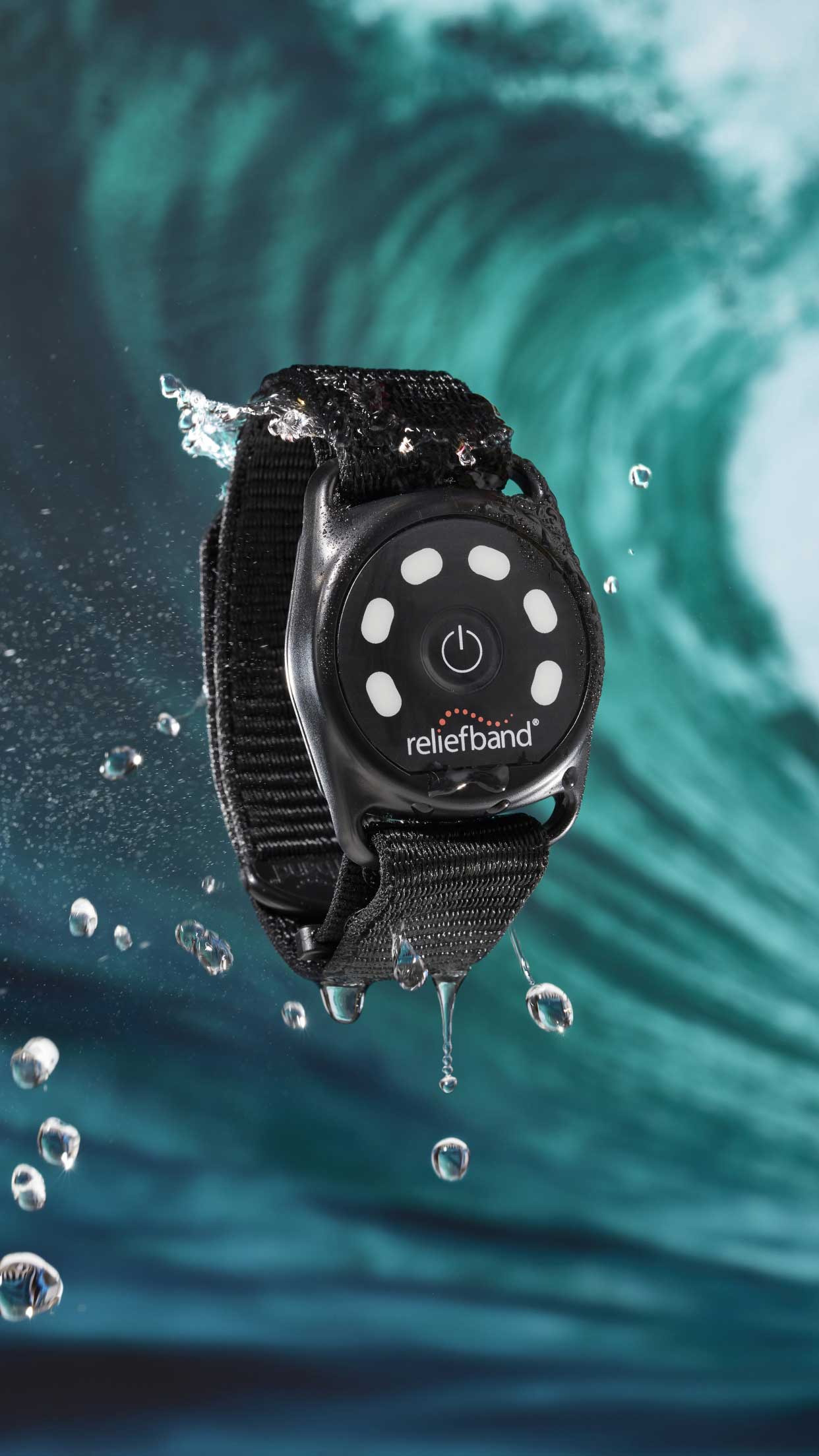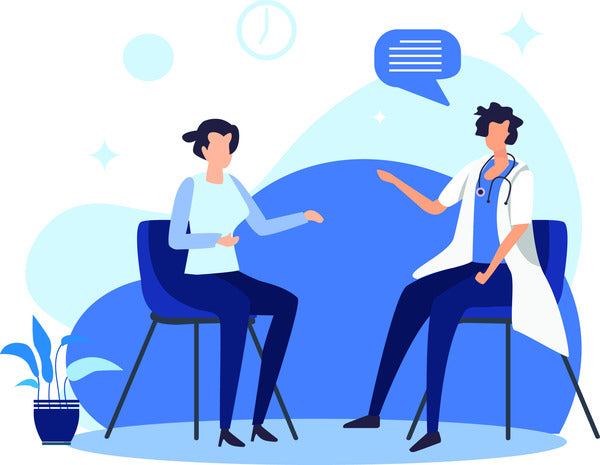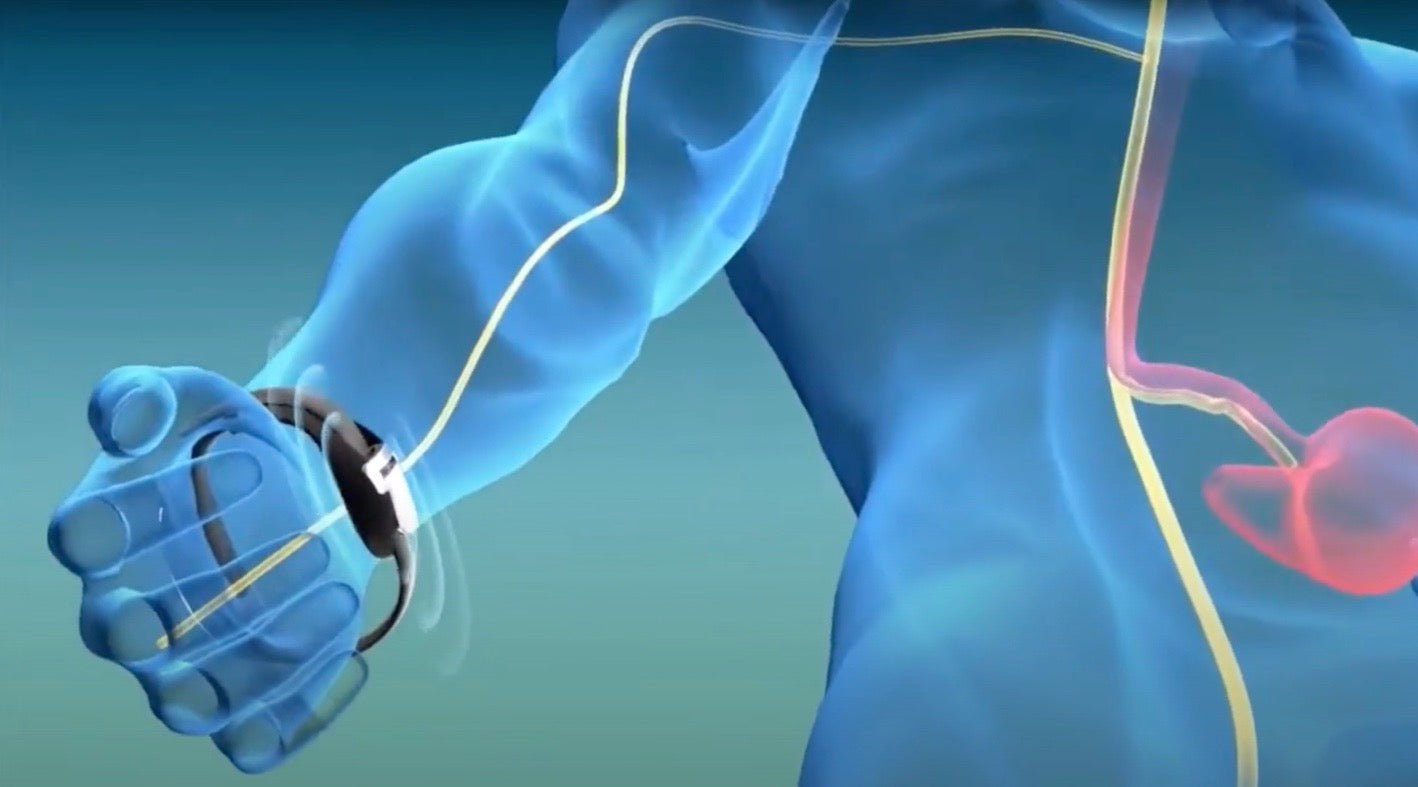The COVID-19 pandemic has been ongoing for a few years now, yet misinformation regarding the virus and vaccine is still circulating. With this, the pandemic has made clear the need for personal health literacy — a person’s ability to make informed health-related decisions and actions using the information they find. Unfortunately, nearly nine out of ten people struggle with this. And low health literacy skills can lead to problems like having poor health outcomes and skipping preventive services.
But thanks to the world going digital, information is closer at hand than before. This means it’s now easier for people to educate themselves on health matters. Doctor-verified articles written in plain language, interviews with experts, and peer reviewed studies can be easily found on the internet. The curriculum of healthcare degrees from top universities can also be accessed online, and those interested can get updated on the latest health trends being taught. All these can help you accumulate modern health knowledge, which establishes strong foundations in areas like public health and human development. It also instils knowledge on anatomy and physiology, and mental health, so you can keep both your body and mind healthy. These are core domains of formal health education, now made available to the everyday person. As such, there are several reasons why personal health education is important.
Teaches good health management skills
Personal health is still full of misinformation that many people believe — from something simple like chocolate causing acne to more harmful ones like the “starvation diet” being effective for losing weight. Alongside this, topics like mental and sexual health can be taboo, meaning people wouldn't necessarily know how to deal with these aspects of their health well.
Personal health education can help teach good health management skills by debunking myths and normalizing stigmatized topics. For instance, you’ll understand that starving yourself is unhealthy and unsustainable. This is because depriving your body of calories for too long will cause your metabolism to slow down, with your body using its fat stores and then muscle and skeletal tissue as energy resources. Instead, you’ll be able to choose healthy weight loss tips like aiming for a small calorie deficit and increasing physical activity.
Builds awareness on treatments and healthcare services
You’d be surprised how vast the aspects of treatments and services are in healthcare — and the innovation of technology is further adding to these. These available options can be solutions to a range of health needs a person may have. Nausea, for instance, can be treated by getting some rest or by drinking some water. However, there’s now also a wearable technology for nausea relief which works by sending gentle pulses to a certain area to stop the discomfort.
Knowing the different healthcare services comes in handy as well. For example, if your nausea is caused by a pregnancy, there are prenatal care services available to help you manage it. Poor nutrition may also cause nausea — and if this is the case, then you can look for nutritional support. Personal health education helps you be aware of treatments and healthcare services so you know your options if you have health needs.
Helps you make informed health decisions
Personal health education helps you make good health decisions. If you had a medical emergency, for example, the first place you’d think to go to is the emergency room. But if your condition isn’t life-threatening, such as minor injuries like sprains or common illnesses like the flu, then you could consider an urgent care center — which is more convenient and cheaper than a trip to the emergency room.
Another example is preventive services. People tend to go to a doctor when they’re sick. However, preventive services can keep illnesses away, saving you money on medications or hospitalizations in the long run. Personal health education educates you on these services, such as flu shots and annual check-ups. This makes you more likely to stay healthy and even live longer.
Written exclusively for Reliefband.com
by Angelina Carlson
